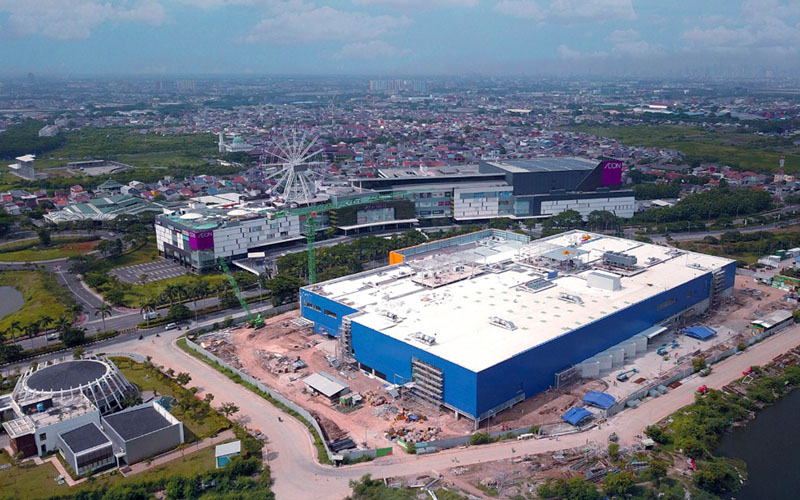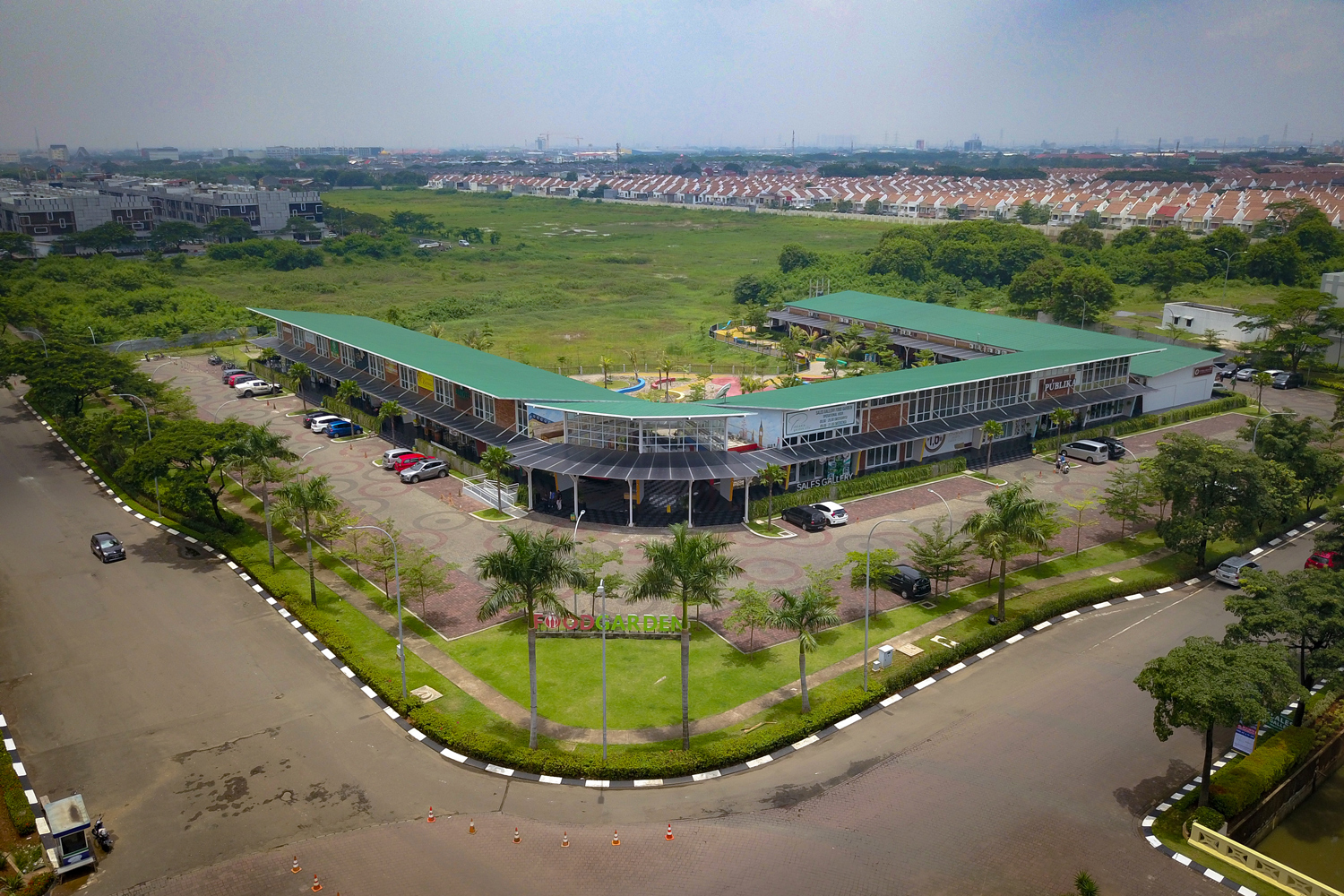Backyard metropolis meals is a vibrant tapestry of sustainable practices, native sourcing, and group involvement that weaves collectively a novel culinary expertise. From its humble origins to its progressive developments, this gastronomic journey presents a captivating exploration of the values and traditions that outline backyard metropolis meals.
In backyard cities, meals shouldn’t be merely sustenance however a logo of connection, sustainability, and a celebration of the native bounty. Be part of us as we delve into the fascinating world of backyard metropolis meals, uncovering its historical past, tradition, manufacturing strategies, companies, and rising developments.
Backyard Metropolis Meals Historical past

Backyard metropolis meals traces its roots to the late nineteenth century, when Ebenezer Howard envisioned self-sufficient city communities surrounded by greenbelts. These communities, generally known as backyard cities, aimed to mix the benefits of city and rural residing, with a give attention to contemporary, domestically produced meals.
The backyard metropolis motion influenced the event of meals manufacturing and distribution methods in these communities. Residents grew their very own meals in gardens and allotments, and native farmers equipped contemporary produce to markets and retailers. This emphasis on native meals sources turned a defining attribute of backyard metropolis meals.
Conventional Backyard Metropolis Dishes, Backyard metropolis meals
Conventional backyard metropolis dishes typically function contemporary, seasonal elements and easy cooking strategies. Some examples embrace:
- Vegetable stews and soups made with domestically grown produce
- Contemporary salads with herbs and greens from group gardens
- Baked items made with domestically milled flour and honey
- Preserves and jams produced from fruits and berries grown in the neighborhood
Backyard Metropolis Meals Tradition

Backyard metropolis meals tradition emphasizes the significance of contemporary, domestically sourced elements and sustainable farming practices. It values the connection between meals and group, and believes that meals needs to be accessible and inexpensive to all.
Integration into the Neighborhood
Backyard metropolis meals is deeply built-in into the group via farmers’ markets, group gardens, and native meals initiatives. These initiatives promote direct connections between farmers and customers, fostering a way of group and supporting native companies.
Position in Festivals and Occasions
Meals performs a central function in backyard metropolis festivals and occasions. These occasions showcase native delicacies, have a good time the harvest, and convey the group collectively. They typically function cooking demonstrations, farm excursions, and alternatives to find out about sustainable meals practices.
Backyard Metropolis Meals Manufacturing
Backyard cities prioritize sustainable meals manufacturing practices to make sure the provision of contemporary, nutritious, and domestically sourced meals whereas minimizing environmental impression. These practices embrace:
Sustainable Practices:
- Natural farming: Avoiding artificial pesticides and fertilizers to take care of soil well being and biodiversity.
- Water conservation: Implementing environment friendly irrigation methods, rainwater harvesting, and drought-tolerant crops.
- Composting and waste administration: Recycling natural waste into nutrient-rich compost for soil enchancment.
- Permaculture: Designing meals methods that mimic pure ecosystems, selling biodiversity and self-sufficiency.
Native Sourcing and Seasonal Components
Backyard cities emphasize native sourcing to cut back transportation emissions, assist native farmers, and guarantee freshness. Seasonal elements are prioritized to optimize dietary worth, scale back meals waste, and join customers with the rhythms of nature.
Progressive Farming Strategies
Backyard cities embrace progressive farming strategies to boost meals manufacturing and sustainability:
- Vertical gardening: Using vertical house in city areas for meals manufacturing.
- Hydroponics and aeroponics: Rising crops in nutrient-rich water options with out soil.
- Precision farming: Utilizing sensors and knowledge evaluation to optimize crop yields and useful resource effectivity.
- Neighborhood gardens: Fostering group involvement in meals manufacturing and selling social connections.
Backyard Metropolis Meals Companies
Backyard metropolis meals companies play a pivotal function in shaping the town’s distinctive meals tradition. These institutions supply a various vary of culinary experiences, catering to the tastes and preferences of residents and guests alike.
The desk beneath categorizes numerous forms of backyard metropolis meals companies, offering examples and highlighting their contributions to the native meals scene.
| Sort of Enterprise | Examples | Distinctive Choices | Contribution to Meals Tradition |
|---|---|---|---|
| Eating places | – The Backyard Desk
|
– Farm-to-table menus
|
– Showcase native produce
|
| Cafes | – The Each day Grind
|
– Artisanal espresso and tea
|
– Present a social gathering house
|
| Markets | – Backyard Metropolis Farmers’ Market
|
– Domestically grown vegatables and fruits
|
– Join farmers with customers
|
| Specialty Meals Outlets | – The Cheese Store
|
– Large choice of cheeses, sweets, and different gourmand merchandise
|
– Introduce new flavors and merchandise
|
Backyard Metropolis Meals Traits
Backyard metropolis meals developments are consistently evolving, reflecting the altering values and preferences of residents. These developments are pushed by a rising consciousness of well being and sustainability, in addition to a need for extra various and flavorful eating choices.
Probably the most notable developments in backyard metropolis meals is the rise of plant-based delicacies. Increasingly more residents are choosing vegetarian and vegan meals, as they grow to be extra conscious of the environmental and well being advantages of a plant-based weight loss program.
This pattern is being pushed by a rising variety of plant-based eating places and meals merchandise, in addition to by the growing availability of contemporary vegatables and fruits in backyard metropolis markets.
Sustainability
One other main pattern in backyard metropolis meals is the rising emphasis on sustainability. Residents are more and more enthusiastic about supporting native farmers and companies, and in decreasing their environmental impression. This pattern is being mirrored within the reputation of farmers’ markets, group gardens, and CSA packages.
It’s also resulting in a rising demand for sustainably-produced meals merchandise, resembling natural and fair-trade.
Range
Backyard metropolis meals can also be changing into extra various, as residents embrace flavors from world wide. This pattern is being pushed by the rising variety of immigrants and worldwide college students in backyard cities, in addition to by the growing availability of imported meals.
Because of this, residents now have entry to a wider vary of cuisines than ever earlier than.
These developments are having a major impression on the way forward for backyard metropolis meals. They’re resulting in a extra various, sustainable, and wholesome meals system that’s higher capable of meet the wants of residents.
Detailed FAQs
What’s the historical past of backyard metropolis meals?
Backyard metropolis meals traces its roots to the backyard metropolis motion of the late nineteenth and early twentieth centuries, which emphasised the mixing of city and rural residing. Backyard cities have been designed to offer residents with entry to contemporary, domestically grown meals.
How is backyard metropolis meals produced?
Backyard metropolis meals is produced utilizing sustainable practices that decrease environmental impression. Native sourcing and seasonal elements are prioritized, and progressive farming strategies, resembling rooftop gardens and vertical farming, are employed.
What are some common backyard metropolis meals companies?
Backyard metropolis meals companies embrace eating places, cafes, markets, and community-supported agriculture (CSA) packages. These companies supply a spread of choices, from natural produce to domestically sourced dishes, and play a significant function in supporting the native meals system.

